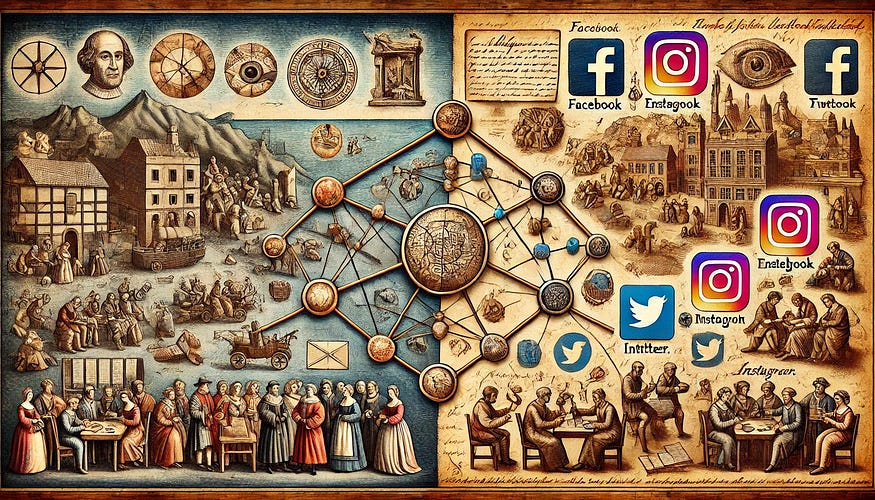Russia and Social Media
Dissecting the Disinformation Campaign Before the 2016 Election

The Russian social media disinformation campaign preceding the 2016 U.S. presidential election has become a focal point in discussions about the influence of foreign actors on domestic politics. Despite its sophisticated nature, it’s surprising to learn that ads originating from Russia accounted for less than 1% of all political ads that year. This statistic prompts an examination of the real impact these ads had, suggesting that while their volume was small, their strategic targeting and content could have significantly swayed public opinion.
The Nature of the Disinformation Campaign
The Russian disinformation campaign leveraged the vast reach of social media platforms to disseminate propaganda and sow discord among the American electorate. The Internet Research Agency (IRA), a Kremlin-linked organization, spearheaded these efforts. The campaign’s sophistication lay in its ability to create divisive content tailored to various demographics, exploiting existing social and political fissures within the United States.
While the total number of Russian ads was relatively low, the strategic placement and highly targeted nature of these ads maximized their impact. These ads were designed to provoke emotional responses, often playing on fears and prejudices, and were disseminated through fake accounts and pages posing as legitimate American entities. This approach allowed the campaign to reach millions of users, subtly influencing their perceptions and behaviors without drawing immediate attention to its foreign origins.
The Underestimated Impact
Although Russian ads accounted for less than 1% of all political ads in 2016, their influence extended beyond their numerical presence. The strategic targeting of these ads, combined with the organic spread of their messages through shares, likes, and comments, amplified their reach. Social media algorithms, designed to prioritize engaging content, inadvertently aided in the proliferation of these divisive messages.
The content of these ads varied, but common themes included promoting false information about candidates, stoking racial and social tensions, and undermining trust in democratic institutions. By focusing on contentious issues and appealing to specific voter groups, the campaign managed to create an outsized effect relative to the number of ads placed.
Insights from History: Niall Ferguson’s “Networld”
Niall Ferguson’s documentary series “Networld,” which premiered on PBS on March 17, offers valuable insights into the phenomenon of social media disinformation by exploring the historical origins and evolution of social networks. Ferguson argues that understanding the networks of the past can shed light on current events and future possibilities, highlighting the persistent nature of network influence throughout history.
Ferguson delves into how historical social networks, from medieval trade routes to the salons of the Enlightenment, shaped political and social landscapes. By drawing parallels between these historical networks and modern social media, he illustrates how the dynamics of influence and information dissemination have remained consistent, even as the mediums have evolved.
Lessons for the Future
The Russian disinformation campaign underscores the need for vigilance and proactive measures in safeguarding democratic processes. While the quantity of disinformation may be small, its quality and strategic application can still yield significant results. This reality calls for enhanced scrutiny of social media platforms, better public awareness, and improved detection and counteraction of disinformation tactics.
In the broader context, Ferguson’s “Networld” serves as a reminder that the structures of influence and communication are deeply rooted in history. By studying these structures, we can better understand the present and anticipate future developments in the realm of social media and political influence.
Conclusion
The Russian social media disinformation campaign before the 2016 election exemplifies how a small number of strategically placed ads can have a disproportionate impact on public opinion. Niall Ferguson’s exploration of historical social networks in “Networld” further illuminates the persistent power of networks in shaping societal dynamics. As we move forward, learning from both recent and historical examples will be crucial in defending against the manipulative potential of social media in political contexts.

